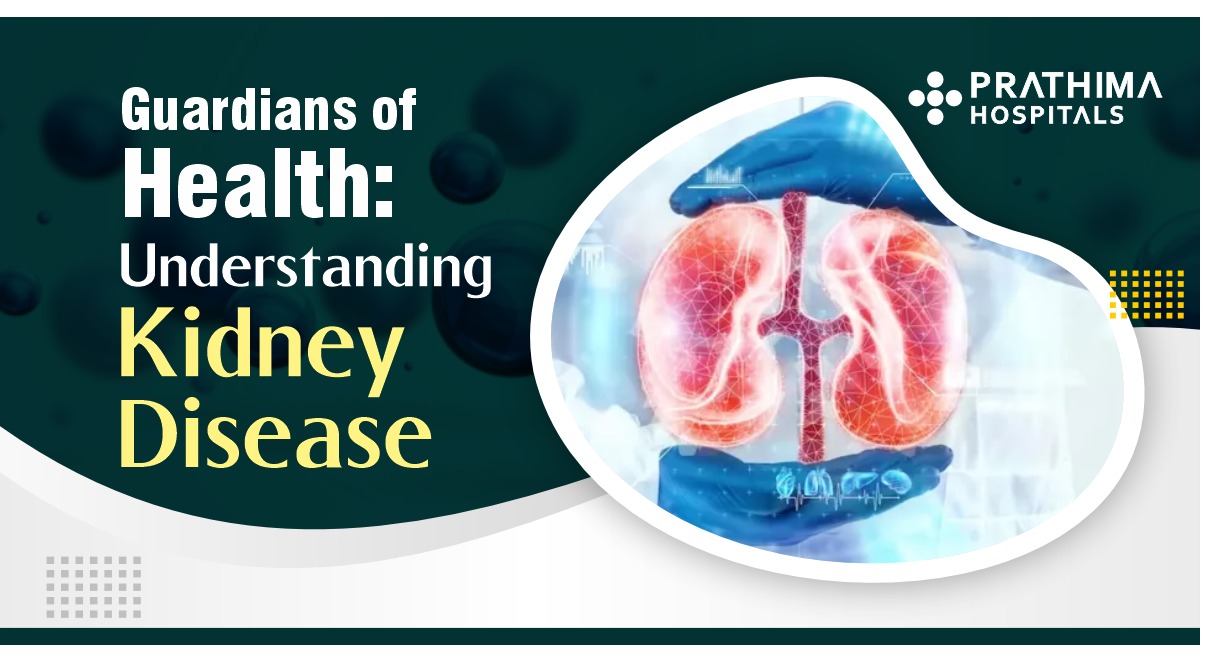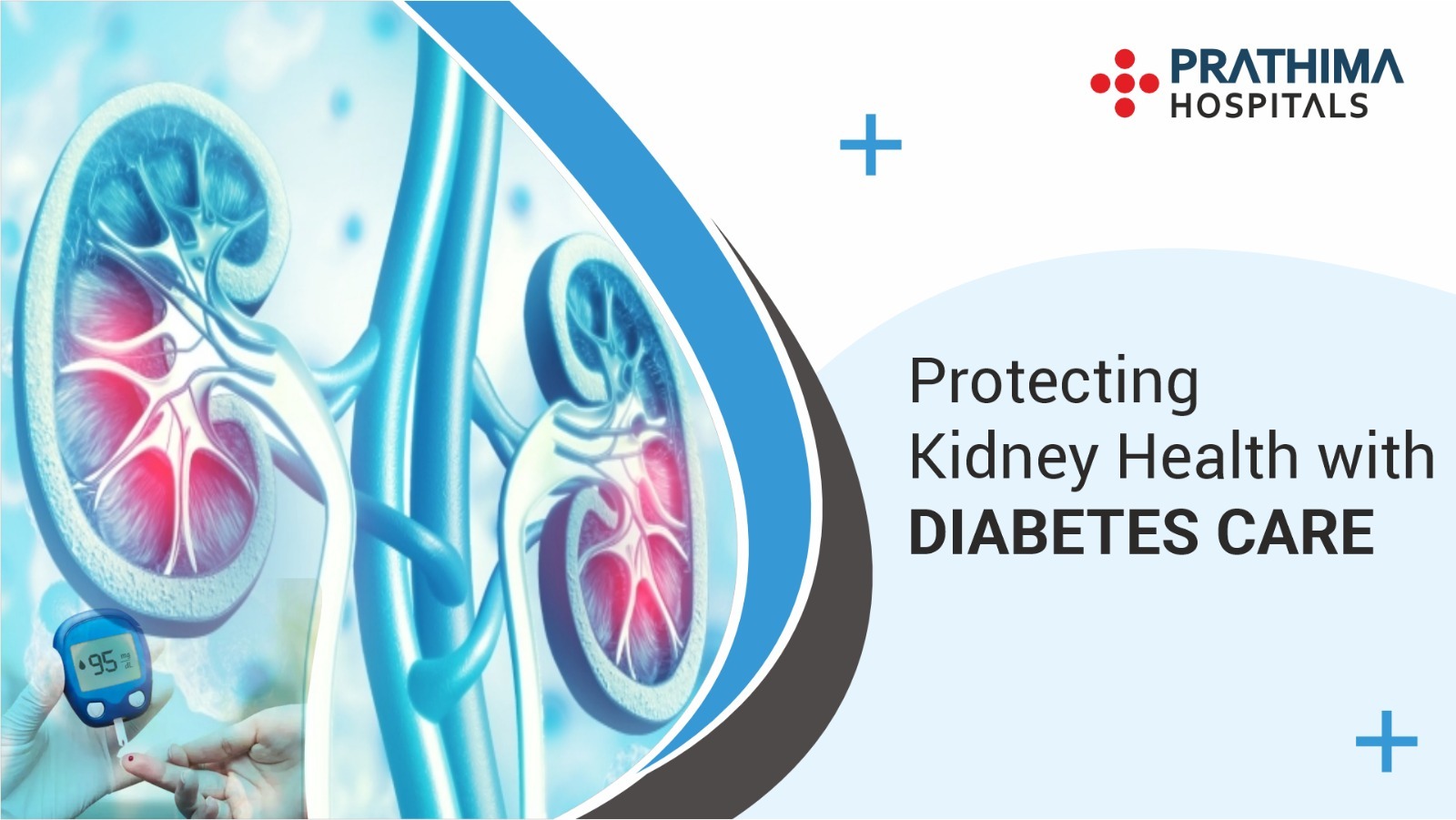How Does Stress Can Make Your Life Vulnerable?

Stress can affect anyone. During stressful periods at the workplace, when handling your money, or when dealing with a tough situation, you may experience signs of stress. A little stress is good; some stress is potentially helpful. However, too much stress will both psychologically and physically break you down and make you ill.
Psychological stress is the response of the body to damaging circumstances, whether they are real or imagined. A biochemical reaction happens in your body as you feel intimidated, allowing you to respond in a manner that prevents harm.
During the stress response, your heart rate rises, the pulse slows, tightens your muscles and increases your blood pressure. This reflex is considered a stress response.
Digestive System
Our digestive system is one of the first body systems to suffer from stress. During stress, the liver creates excess blood sugar to improve stamina. Sometimes, the body is unable to deal with this increase in blood sugar and deploying type-2 diabetes.
Immune system
Stress can be a benefit for acute conditions; it strengthens the immune system. This enhancement helps you to prevent infections and repair wounds. However, stress hormones can destroy your immune system over time and decrease your body’s response to intruders. Humans under constant pressure are more vulnerable to infectious diseases, including fever and viral infection. The time your body takes to heal from an illness or accident will also be exacerbated by stress. It’s necessary to know stress management to keep this risk at bay.
Muscular system
Whenever the body undergoes a painful experience, the muscles in our body get tensed. Your muscles will not get an opportunity to rest with extended periods of tension. Intense and strained muscles cause body, neck, and back pain and headaches.
Sexuality and Reproductive system
Long tension periods lead the testosterone levels of a man to decrease. Stress may also induce erectile dysfunction to intervene and development of sperm. For women, extended cycles of stress may impact their menstrual cycle, contributing to periods of irregularity, heaviness, and discomfort. Stressbusters can help deal with stress; hence one can prevent the damage of sexuality and the reproductive system due to the pressure.
Nervous system
There are many branches of the nervous system. The autonomic nervous system plays a crucial role in physical stress response and is split into the sympathetic nervous system and the parasympathetic nervous system (PNS). The SNS leads to what is recognized as the “fight or flight” reaction whenever the individual is anxious. The body transfers its energies to battle a threat to the lives or escapes an attacker.





